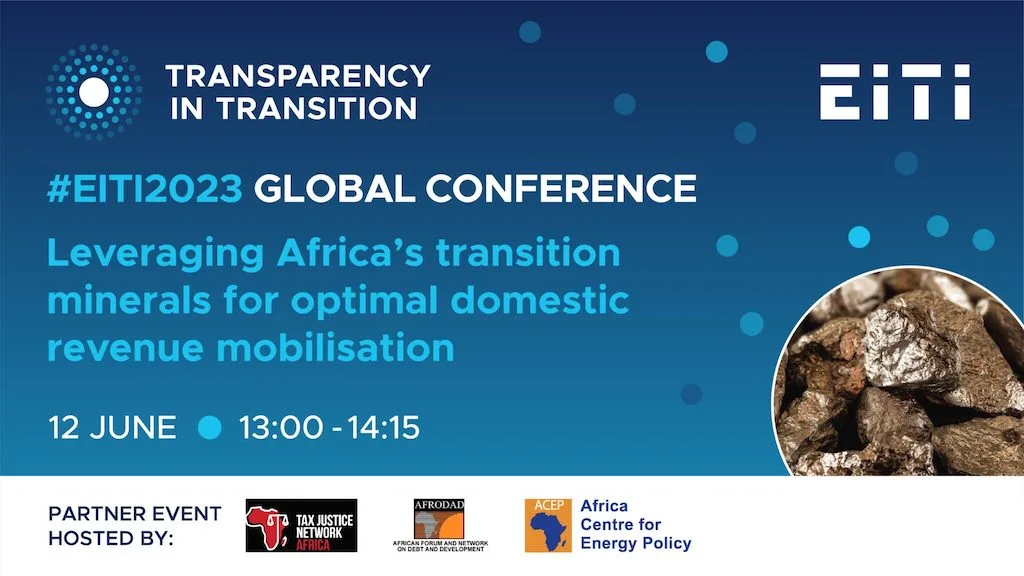As the world moves to address the climate crisis and shift away from fossil fuels, certain minerals identified as strategic are essential to building technologies needed for the energy transition. As such, heightened demand for these transition minerals in the current and foreseeable future has elevated the catalytic role of the mining sector. Africa is estimated to have 30% of the world’s critical minerals, mainly cobalt, manganese, copper, lithium, nickel, and graphite, essential to transforming the world’s energy system. One of the ways through which Africa’s mineral-rich countries stand to benefit from the growth in demand for transition minerals is through optimal tax revenue collection from the sector.
Africa’s mining value chains are dominated by Multinational Corporations (MNCs) characterized by the export of unprocessed minerals in their raw form or lightly processed commodities. This reality has shaped the rules on trade, taxation, and the overall governance of the industry since time immemorial. However, optimal tax revenue collection in the mining sector remains a key challenge, given the sector’s Illicit Financial Flows (IFFs). The 2020 United Nations Conference on Trade and Development (UNCTAD) on tackling IFFs for sustainable development finds that Africa loses about USD 40 billion annually in IFFs from the extractive sector alone. This much-needed revenue could be channelled to financing Africa’s energy transition and overall development.
Using a multisectoral approach, this session seeks to explore solutions to addressing the IFFs problem by proposing strategies for optimal tax revenue collection from the mining sector. Specific objectives include:
- Identify transformative actions and solutions for African governments on financing for development from mining tax revenue.
- Advocate for a multi-sectoral approach to combating mining sector IFFs in Africa.
- Share innovative tools and practices for bolstering citizen demand for transparency and accountability in the mining sector.
The session will bring together stakeholders from government, private sector, CSOs, Regional Bodies and philanthropy to discuss how Africa’s mineral-rich countries can leverage the energy transition for optimal revenue collection from the mining sector.
Speakers include:
Date: Monday, 12th June, 2023
Time: 13:00 – 14:15 GMT
Venue: Centre International de Conférences Abdou Diouf, Diamniadio
Kindly make a date with us if you happen to be in Dakar, Senegal, this June.
